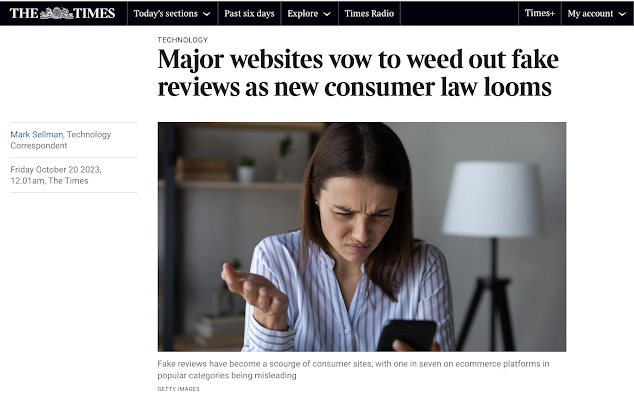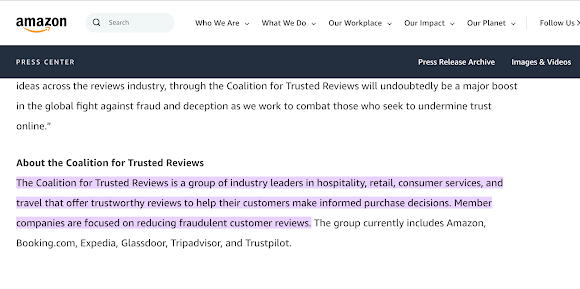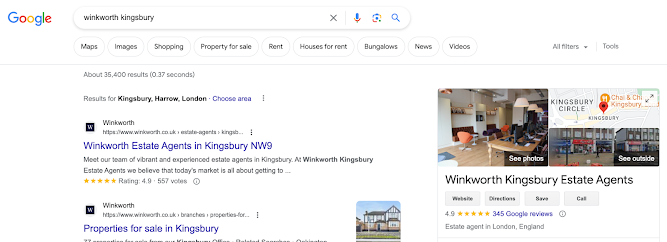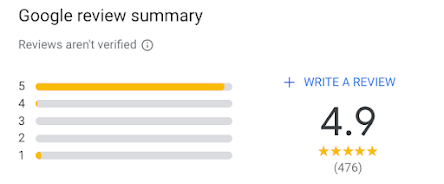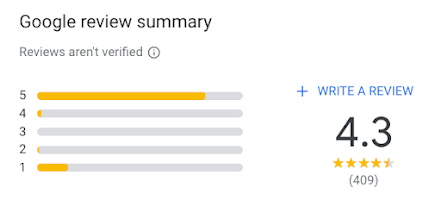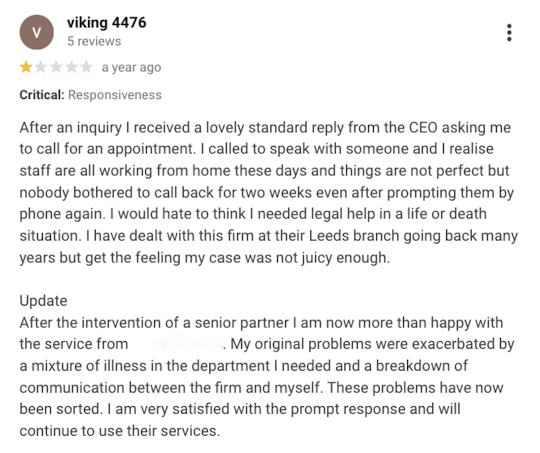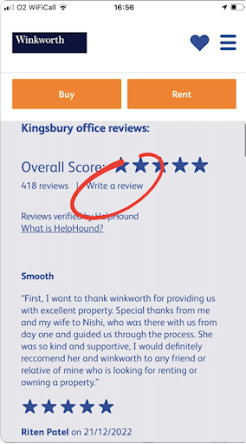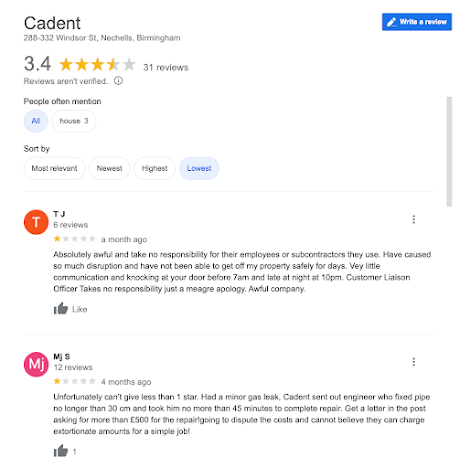It's a question we find ourselves being asked all the time: 'How has ABC Plc done so well?' And we have generally answered it with a combination of the memo below and 'showing and telling'. This time we thought we would reach out to some of those successful businesses and actually ask them and then report back here. Some of their answers will be common sense, some will be pretty obvious, but many will not be either (otherwise, why would so many businesses either fail to look as good as they deserve or feel they need to flout the law to do so?).
So: what questions did we ask?
It would have been easy to ask 'What process(es) do you adopt?', but it soon became evident that this question bypassed a great deal of thinking and planning. We needed to go further back and ask 'What were your objectives?' and 'Why did you adopt HelpHound?'
So let's address these two first:
'What were your objectives?'
The simple answer was 'To look great on Google [scoring 4.8+ with three figures of reviews] and great on our own website' along with 'To drive more enquiries through search and though our website'.
Supplementing those were 'We want to be legally compliant' and 'We want to support our SEO/ranking in [local] search', as well as 'We want to save money on Google Ads and other marketing'
'Why did you adopt HelpHound?'
Because you told us that, providing we followed your advice, we would achieve all of the above!
Now, some of our readers will be thinking 'That's it then; join and all our wishes will be granted/all our problems will be solved.' but that's akin to someone walking into a car dealership and buying a new car. Without first learning how to drive! The next section is all-important. Here is the guide we give to new members...
But there's more, for those star performers: invariably they do one or more - or all - of the following...
- they set targets for staff to achieve a certain volume of reviews - as a percentage of business transacted or on a periodic basis
- they reward* staff for excelling at obtaining reviews
- they operate as a team, with the back office supporting the front office in its efforts to obtain reviews
- they have a dedicated member of management responsible for coordinating and reporting on review management
- they respond - to all their reviews; there's some interesting psychology at work here - it has become obvious that businesses that always respond to reviews send a clear message to those tempted to play fast and/or loose when writing a review. That message? We're going to be reading your review and we're definitely going to be addressing any exaggerations or misapprehensions.
- they give their customers the option to post their reviews to either the business's own website or directly to Google - with direct links to both in the email. This has the practical effect of achieving more Google reviews from those who find writing more than one review a chore**
** 'A chore': this is why the telephone call is so important. The call has an overall objective: to get review(s) written - to the business's own website and to Google if at all possible. But within that call there are steps that deal with potential objections...
- 'I don't have a Google account' - 'Don't worry, I'm sure you will be able to write a review, almost everybody can because they have used one or more of Google's services in the past; if you like I'll stay on the line while you follow the link I sent you.'
- 'I've only got time to write one review' - 'That's great, we will send you a copy of the review you write on our website and you will only have to copy & paste that to Google, you won't have to begin all over again.' or 'Great, just write the one review and copy it to both links.'
- ***Moderation - How often are we asked 'Why not simply ask our customers to post reviews direct to Google?' This article explains just how important it is for businesses in the professions and the service industries to have this crucial safety net.






